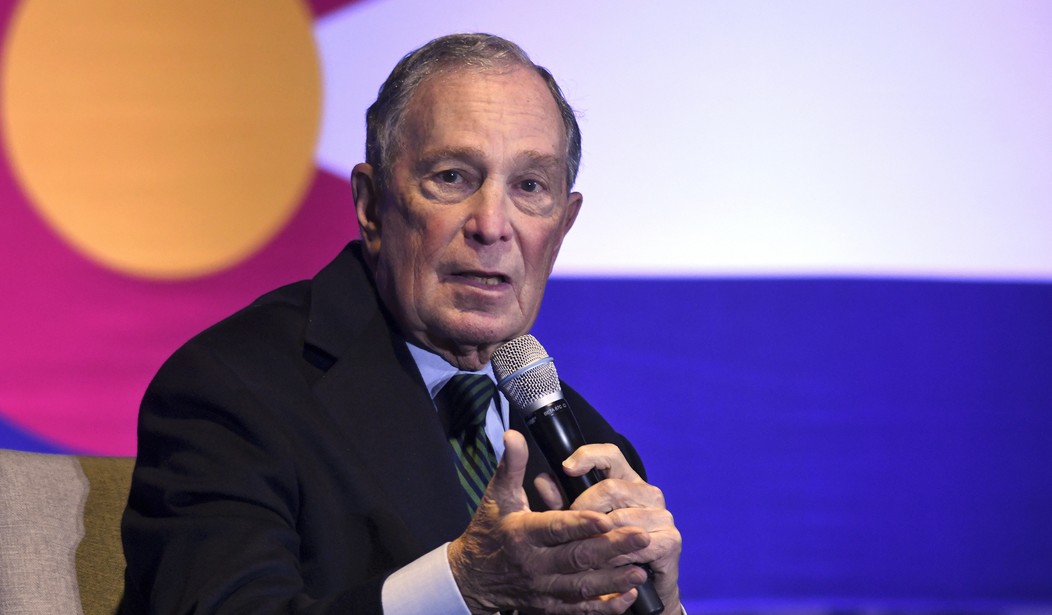Recently, anti-tobacco and anti-vaping zealots went mad after it was discovered that JUUL paid the American Journal of Health Behavior to publish a special issue on JUUL’s e-cigarette products. Although this was first reported on July 5 by The New York Times, Sen. Elizabeth Warren (D-MA) and Sen. Richard Blumenthal (D-CT) sent a letter to the Food and Drug Administration (FDA) urging the agency “to carefully review [JUUL’s] behavior and its public health consequences, and to not allow itself to be influenced by thinly-veiled Big Tobacco PR tactics dressed up as objective science.” The senators asked numerous questions, but clearly were particularly troubled by what they perceive as a conflict of interest. It makes sense that JUUL would study their own products and review their effectiveness as both a tobacco harm reduction product as well as a cessation aid.
What’s alarming is that lawmakers don’t seem to understand that the premarket tobacco product application requires every e-cigarette company to conduct such studies. Indeed, many small manufacturers are frightened by the looming September 9 deadline when all of their products must be approved by the FDA.
But even more problematic is that these lawmakers claim that JUUL’s recent publication is another example of the tobacco industry “misleading the public and public health officials about the dangers of its products.” If people are worried about a conflict of interest, they should turn their attention toward Michael Bloomberg’s billions, as the former mayor-turned-philanthropist has a long history of funding studies to examine the initiatives he finances.
In addition to taking on tobacco and vaping with his billions, Bloomberg has turned his attention towards obesity, namely through soda taxes. Mr. Bloomberg supported soda taxes as early as 2014, when he donated $675,000 in support of a sugary beverage tax in Berkeley, California. The one-cent-per-ounce tax would pass and go into effect in 2015. By 2017, Bloomberg was funding studies that claimed that the tax worked at reducing soda consumption in the city. An April 2017 study that reported benefits of the tax noted that “[f]unding for [the] study came primarily from the Bloomberg Philanthropies.”
Recommended
In fact, 2016 was a big year for lawmakers to add a levy on sugary-sweetened beverages and for Bloomberg’s wallet to finance such efforts across the states. At least five initiatives from California to Colorado to Philadelphia were supported by Bloomberg.
In 2016, Bloomberg backed Philadelphia Mayor Jim Kenny’s proposal to tax sodas to fund universal prekindergarten education in the city. Bloomberg spent $1.6 million of his own money to fund pro-tax media campaigns. His efforts would be successful, with Philadelphia becoming the first major city to enact a tax on sugary beverages.
Even after the tax passed, Bloomberg funded efforts to promote it, including commercials that featured graduating pre-kindergarteners “touting the initiative and its funding source.” Like Berkeley, he would fund studies to examine the effects of the tax in Philadelphia, all which found it to be effective policy. A 2019 study examining the effects of the tax on small retailers “was supported by Bloomberg Philanthropies” and found that excise taxes on beverages “may be an effective policy tool.” A 2020 study that “was funded by Bloomberg Philanthropies” reported that soda taxes “may be an effective policy to sustainably decrease purchases of sweetened drinks.”
A non-Bloomberg funded study published in 2020 found that one year after Philadelphia’s tax went into effect, “there was no major overall impact of the tax on general population-level consumption of sugar-sweetened or diet beverages, or bottled water.”
Those are only two examples of Bloomberg influencing the passage of such a tax, as well as funding studies supporting research in favor of the taxes.
In the infamous Cook County, Illinois soda tax, Bloomberg not only dropped $13 million campaign in support of the tax, he also contributed $2.5 million to fund a study on its effects. Even more problematic, amid public outcry from Cook County residents, Bloomberg announced he would personally support the county commissioners that backed the tax. In September, 2017, just one month before the repeal vote, a Bloomberg spokesperson noted that “Mike has made a commitment that he will do everything necessary to ensure that elected officials who stood up against the soda industry are re-elected.”
When she was competing for president against the former mayor, Warren “destroyed” Michael Bloomberg pointing out that he was “a billionaire who calls women ‘fat broads’ and ‘horsed-faced lesbians’.” It would be welcomed if she would destroy him again by pointing out his clear conflict of interest in regards to public health initiatives.
If policymakers are troubled by a company like JUUL publishing required information on their products, they ought to start going after every other company that does this. Policymakers should also reform the FDA process that requires such studies. It would be best for people to examine Michael Bloomberg’s billions. Policymakers at all levels of government should utilize non-Bloomberg-funded sources to determine whether Bloomberg-backed proposals actually work.

























Join the conversation as a VIP Member